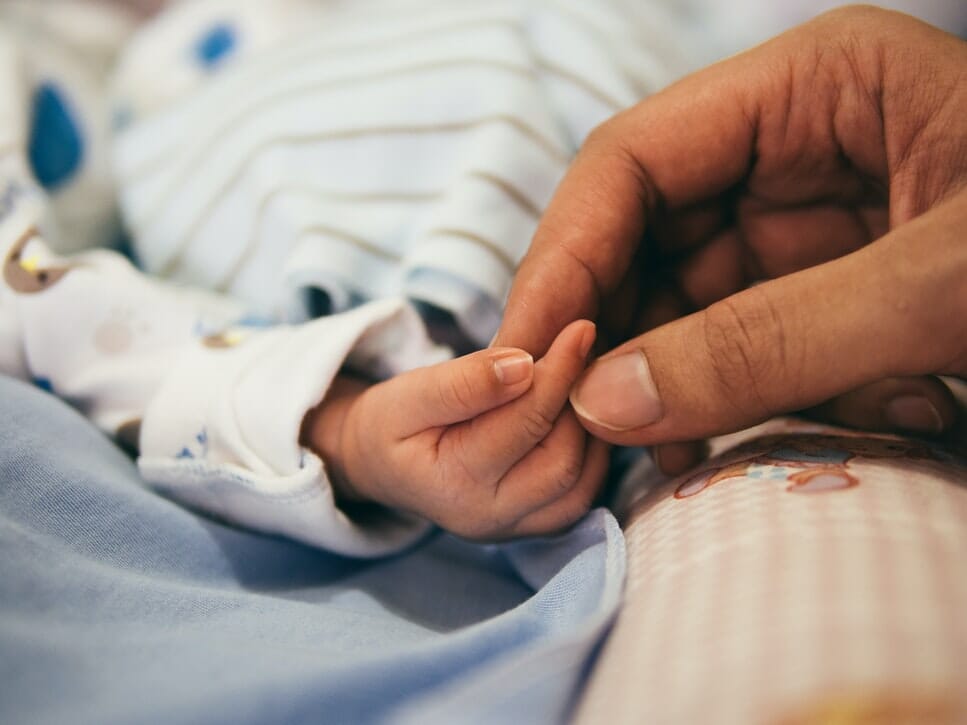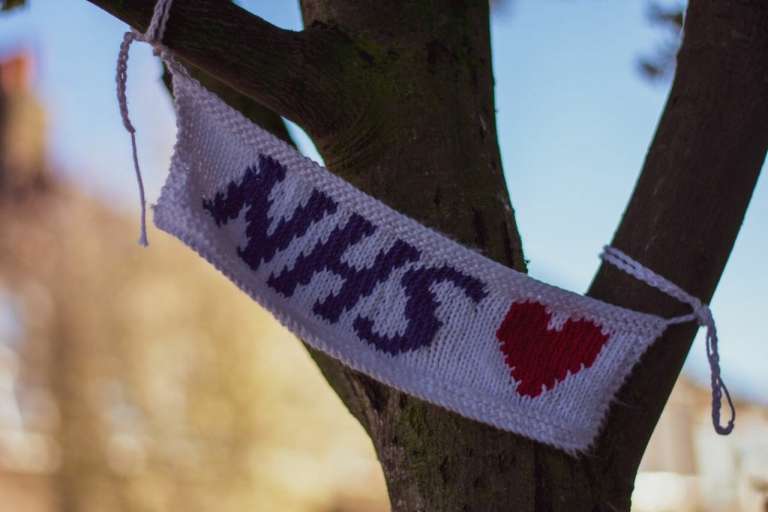Nadine Dorries, the Patient Safety Minister has announced £500,000 to fund an innovative NHS maternity leadership training programme. Starting this year, hundreds of senior maternity and neonatal leaders will receive the training. The hope is that it will improve workplace culture and collaboration between staff.
Something needs to be done
2020 was not a good year for the NHS, on a number of levels. As frontline staff battled heroically to keep our health service afloat during a global pandemic, the organisation hit the headlines on a number of occasions, for the wrong reasons.
This culminated with the first report from the Ockenden Maternity Review, which was published in December. The report highlights the initial findings into what went wrong at Shrewsbury and Telford Hospitals NHS Trust. It calls out the following key areas:
- A lack of understanding and compassion
- A lack of clinical care and competence
- High levels of traumatic births
- A lack of collaboration
The government response
This week, Nadine Dorries announced that hundreds of NHS maternity and neonatal leaders will benefit from new training. The programme will aim to develop a number of skills, including:
- How to engage with service users and their families
- Providing a ‘board level’ understanding of the support needed to provide safe and personalised care
- Enabling effective leadership to support and enable leaders to identify and address potential improvements
- Supporting local systems to anticipate and react to risk, as well as supporting improvements
- The critical components of a ‘learning system’
- Developing the capability for safety and quality improvement
- How to learn from errors, excellence and near misses
More than just training
The £500,000 NHS maternity leadership programme is just the headline though. In response to the Ockenden report, there are now seven regional chief midwifes and a front line maternity safety champion in every trust.
But is it enough?
It’s promising to see that less than a month into 2021 the government is already taking positive action to improve the care provided by the NHS. Not only that, but the action is in line with real issues that have been identified from previous mistakes.
However, it’s important that they do not rest on their laurels. James Titcombe is a patient safety advocate who is now working in an advisory role for NHS England to help them implement the findings of the Ockenden report. He cautiously welcomed the training, on Twitter, whilst recognising that there are still issues that need to be addressed.
There are still questions about funding for wider maternity safety training, but overall much to be welcomed here. Improving maternity safety must remain a top priority and this seems like a step in the right direction. @NadineDorries @TeamCMidO https://t.co/UM5fAeAB4F
— James Titcombe (@JamesTitcombe) January 12, 2021
Sara Ledger, head of research and development at Baby Lifeline expressed similar concerns to The Independent. Whilst welcoming the training she recognised “the biggest barriers to providing and attending vital training, are lack of funding and staff shortages; therefore, we hope that funding will be released to support the roll-out of high-quality, effective training for every professional caring for women and babies”.
We hope that the government hear both the praise and concerns that their recent announcement has been met with, so that they can ensure this, and any other measures in the pipeline are effective at improving patient safety.





